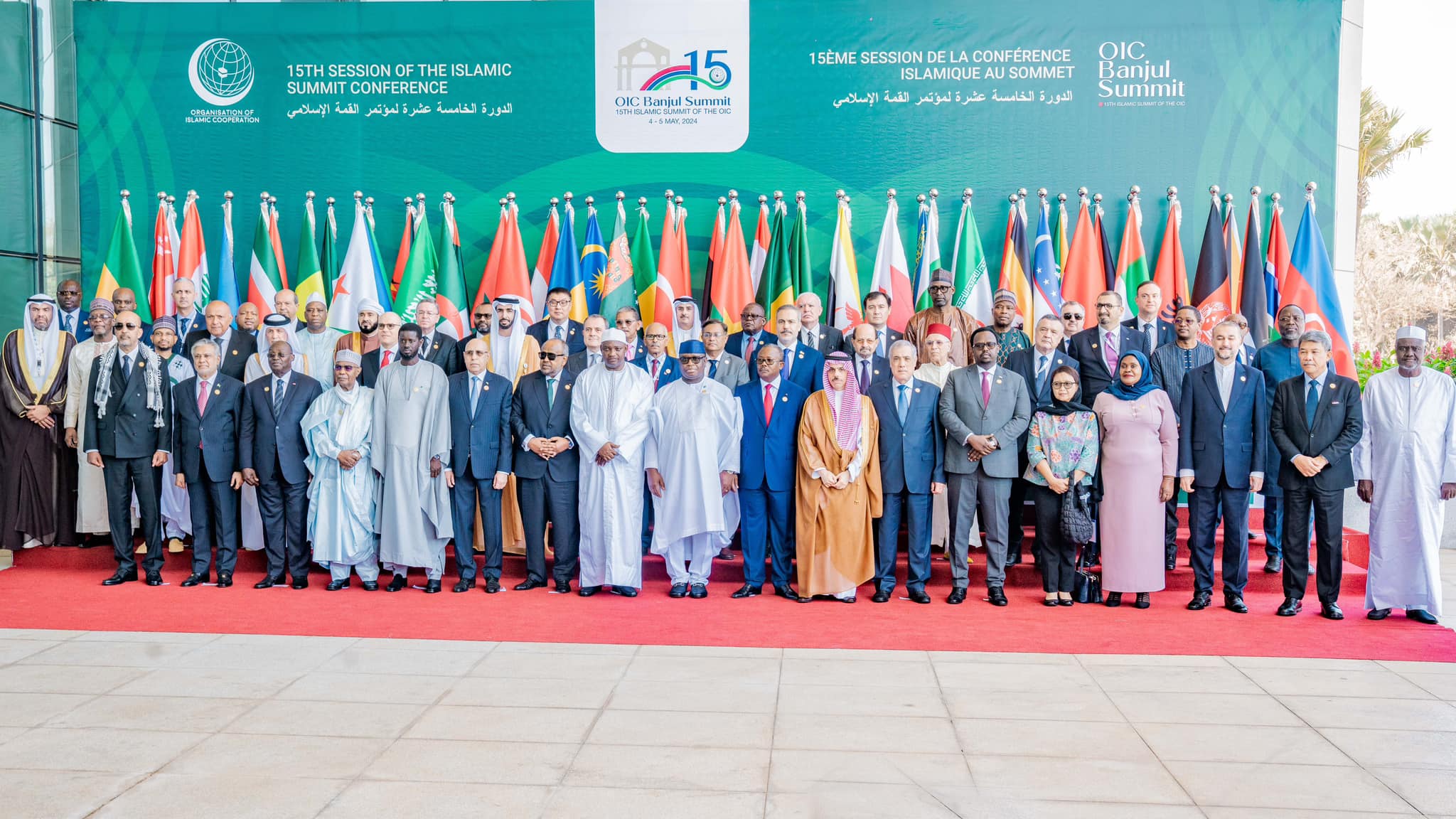Gambiaj.com – (BANJUL) – In a notable turn of events, the Organisation of Islamic Cooperation (OIC) recently convened an Islamic Summit Conference session in Gambia, where the Taliban, despite lacking recognition from any of the 57 member nations, participated. The meeting, which aimed to address critical issues, including human rights in Afghanistan, witnessed the presence of a Taliban representative, raising questions about the approach to engage with the Afghan regime.
The joint statement from the summit emphasized the necessity of upholding the human rights of all Afghans, particularly focusing on the rights of women and girls, including access to education and employment. This stance was significant, considering the Taliban’s history of oppressive policies, especially towards women and minorities.
The OIC has repeatedly criticized the Taliban’s restrictive policies in its meetings and resolutions, asserting that they contradict Islamic values. Since their takeover in August 2021, the Taliban has imposed severe restrictions on the rights of Afghan women and girls, significantly limiting their access to work, education, and free movement.
The dilemma surrounding engagement with the Taliban was highlighted, with China opting for direct engagement by accepting an ambassador from the Taliban. This contrasts with the approach of most countries, including the United States and India, which have adopted a more cautious, issue-based engagement strategy.
The complex nature of engagement with the Taliban stems from the group’s history of supporting terrorism and its current actions, which have led to concerns about the resurgence of extremist groups like al-Qaeda. Despite the need for engagement to prevent further destabilization in the region, countries are wary of legitimizing the Taliban’s oppressive regime.
The lack of a unified global strategy on how to engage with the Taliban has been evident, especially when compared to the isolationist approach taken in the 1990s. The current diplomatic push, while aimed at engaging with the Taliban, does not imply endorsement of their regime, as seen in the OIC’s participation dynamics since 2021.
As the international community navigates this delicate balance between engagement and condemnation, the future remains uncertain. Questions loom over whether the Taliban will be invited to other international forums, such as the Shanghai Cooperation Organisation or even to represent Afghanistan at the UN, decisions that could have significant implications for Afghan women and minorities who deserve a more promising future.










